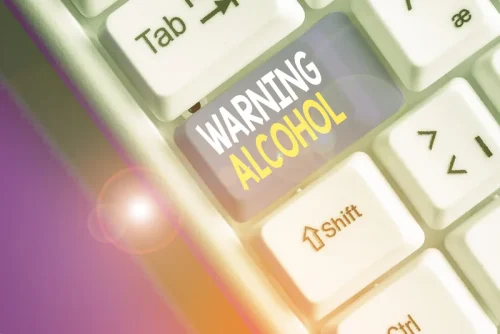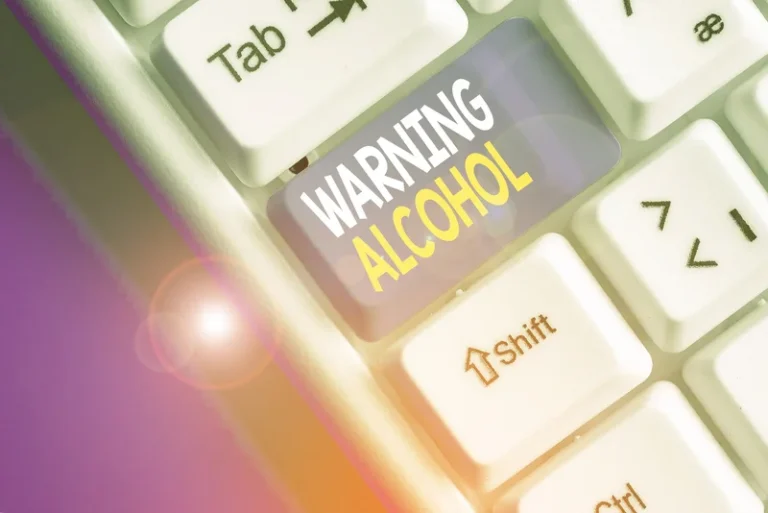
This happens when an addict goes through the three stages of relapse and seeks out drug or alcohol use. This is often seen as a “real” relapse and might seem like it came out of nowhere. However, in most cases, the signs were there long before you used again. Now is the time to evaluate what led up to this incident of substance use and what you can do in the future to prevent it.
- Often, relapses can begin with a slip-up, especially if one fails to take the necessary steps to prevent the behavior from escalating.
- Conquer weed addiction and reclaim your life with proven strategies and professional support.
What coping strategies can support long-term sobriety?
A relapse from alcohol occurs when an individual resumes drinking after a period of sobriety or abstinence. It happens when someone who has been working toward recovery from alcohol addiction or dependence falls back into old drinking habits. Individualized treatment programs delivered in a comfortable, relaxed setting promote healing in your recovery journey. Alcohol relapses occur for a variety of reasons, including physical, psychological, and alcoholism symptoms environmental influences. Moreover, the process of relapsing typically unfolds gradually, occurring in several stages.
Navigating Emotional Reactions Post-Relapse

When you stop drinking, your body begins a process of alcohol withdrawal that unfolds over time. Understanding the alcohol withdrawal timeline is crucial for anticipating what to do after a relapse symptoms and seeking appropriate care. This guide will walk you through the different phases and what to expect at each stage. Navigate alcohol withdrawal symptoms effectively with our comprehensive guide on management and care.
Robert Downey Jr.s Triumph over Drug Addiction

Dive into the science and impact of social media addiction, plus effective strategies to regain control. Discovering that your spouse is struggling with alcoholism can be a challenging and emotionally overwhelming experience. Explore how amphetamines affect body temperature, from core changes to health risks.
- Explain what occurred and what you are doing to get back on track.
- Remember that addiction is often the result of coping with an underlying mental health issue.
- By relying on our spiritual beliefs, we build resilience and embrace hope.
- Behavioral therapies play a crucial role in assisting people to cease alcohol consumption and sustain abstinence.
- According to a survey, 75% of people relapse during the first year after they stop drinking.
This SMART Recovery site doesn’t match your location
Explore how drug alcohol dependence leads to addiction, its impact, and paths to recovery. For those battling addiction, understanding His loving character encourages us to trust in His forgiveness and embrace the healing journey ahead. It is not earned but freely given, showing us that our recovery through faith is possible. In understanding this, we find motivation to continue overcoming our addiction.
You Are Not A Failure
Some people can overcome physical dependence to a drug without committing to living a healthy life in recovery. Dry drunks, for example, are sober people in recovery who continue to engage in risky behaviors that increase their risk for relapse. Signs of a dry drunk include attending bars, refusing to seek therapy and obsessing over alcohol. Understanding how a relapse happens is an important prevention strategy because you learn to recognize the signs and course-correct before you start using again. According to the model developed by Marlatt and Gordon, a relapse begins with a high-risk situation that is followed by a poor coping response.


Open discussions about feelings and experiences with loved ones can enhance accountability and foster a sense of belonging in the recovery journey. Peer support groups, such as Alcoholics Anonymous (AA), provide an essential platform for individuals to share their experiences, struggles, and victories. These networks offer not just understanding and encouragement but also active strategies for maintaining sobriety. By engaging in regular meetings and forming connections with others who understand their journey, individuals can feel less isolated.
